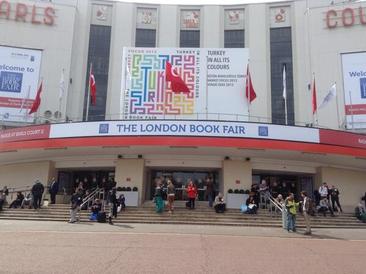
Volunteering on Tuesday provided the perfect opportunity to sit in on a series of talks and learn about the current publishing climate. My duties for the day ranged from answering queries from the attendants, providing water for the speakers and greeting them to the room, and acting as microphone runner during Q&A sessions.
I was situated in the Old Press Office with the Children's seminars which means I have a lot of exciting things to blog about!
The first talk I was asked to help out with was the Booktrust Equal Measures panel, discussing inclusion and diversity in books for Children and Young Adults. Having attended the LGBT YA talk in February and then been lucky enough to have Beth Cox from Inclusive Minds come to talk to the Children’s Publishing class at Brookes, I was particularly excited to listen to what the panel had to say. The talk was introduced by Alexandra Strick who demonstrated the brilliant talking pen poster for Inclusive Minds. This gave voice to children’s experiences of seeing themselves represented in fiction and books. “Why are children like me always the sidekick and never the main character?”
The incredible Verna Wilkins delivered her key note speech, and gave the audience a short history of Tamarind Books, the publishing house she established to give black children like her son images of themselves in stories. Her message was that if you want to change something, you can, just be proactive and prepare to fight for your voice to be heard. Good teachers recognise that education is a widening of experiences so Tamarind books sold well in schools. And in response to booksellers saying that their customers didn’t look like her characters, Verna’s son recognised that her response was going to be “You got a lot of Gruffalos around here?” and promptly distracted her. Beth pointed out that the best kind of inclusion is incidental, not making a statement for the sake of “issues” or ticking off a box, but simply representing the world as it is. All children need to see diversity in books to provide a true representation of the world and learn to be open minded. Fen Coles from Letterbox Library listed some gaps in the current publishing landscape for inclusion: books representing transgender characters, diverse socioeconomic backgrounds, children with mental health issues and disabilities, and more. She posed the challenge of writing material that excluded use of gender pronouns full stop and simply explored children living their lives and pursuing their interests as individuals. She also warned against the perpetuation of harmful stereotypes for example villains portrayed as scarred.
PHD student Erica Gillingham researches LGBT* inclusive books and says that yes books are out there, despite the lack of awareness for mainstream business. She pointed out that when it comes to love and romance for LGBT* characters, the US is leaps and bounds ahead of the UK (as was discussed during the LGBT* YA panel in February) and that even then the majority of characters were cis!male white teens in America. The B and the T in the umbrella need a lot more exploration. She recommended Malinda Lo’s science fiction YA novel Adaptation for an excellent representation of a bisexuality, but could only name four trans* books for the young adult market. I've just finished reading LR Lam's YA novel Pantomime which features an intersex character and fluid sexuality, with a futuristic fantasy setting and scenes of circus life.
The key advice for the industry was “Be brave, little things make a difference, avoid negative stereotypes, think about language and be inclusive.”
The ‘New Demands On, and Support For, Writers’ panel chaired by author Justin Somper, featured many of the buzz words of LBF13. Author Sarah McIntyre (jabberwocks) championed blogging as a means of networking by building an author brand. She also discussed supportive initiatives such as SCWBI and Society of Authors to hone skills. Curtis Brown Literary Agent Stephanie Thwaites and Bookbrunch journalist Liz Thompson discussed the merits and pitfalls of writing courses. Although much of the audience seemed to appreciate the feeling of companionship and the advice offered, Liz warned that research is vital to finding suitable courses that provide reasonable advice. Sarah McIntyre suggested a compromise, requesting chunkable courses that focus on improving key areas such as social media writing and management. This would help publishers and authors manage the demands on writers to become brand names, generating their own PR and participating on the festival circuit. Another suggestion came from the audience who suggested booksellers are often happy to run events with authors not present if they are later contactable for feedback or competition judges for individuals.
In the panel discussing “What’s Poetry’s Problem?” the speakers suggested that digital routes such as YouTube and twitter provided an excellent route for engaging young readers in poetry as spoken performance. They noted that children love poetry and rhyme (The Gruffalo is in rhyme after all) and that it is parents and teachers who are uncertain and lack confidence in teaching the material, perhaps because Key Stage 3 poetry encourages writing and reading, whereas GCSE poetry becomes heavily analytical. Penguin have launched a Poetry by Heart app which gives an audio visual experience. This was also referred to during the digistories panel about enhanced books. PenguinUSA’s poetry app has received much fever after its recent release, making learning interactive. However drawbacks include the trouble with free apps with monetized stages embedded within, and the controversies surrounding hidden costs after point of purchase. The panel agreed that there is indeed a future in enhanced fiction, but the work at the moment is a constantly evolving process with kinks still to be worked out on a trial and error basis. Fellow OICPS student, Judith Paskin, has been researching the books/ebooks/apps popularity among children in the Oxfordshire area. Her research shows that older children are more jaded about the gadgets and need more enticing to consider them stories. But that they are more likely to choose their own books with the anonymity of online buying (parents credit card access aside!) The most important thing for publishers to do is ensure that interactivity is right, that digital isn't just a distraction from the flow of reading. A sentiment shared by the publishers on the panel.
Digital received a huge buzz throughout the fair, from the opening conference talk with Neil Gaiman asking publishers to take risks and think big and fail better, to smaller projects such as the Random House initiative sourcing teen authors in their Movellas competition. The final talk in the Old Press Office discussed the future of enhanced fiction. Sarah Benton demonstrated the utility of Sally Gardner’s Maggot Moon iBook which provides video and sound insight into the mind of a dyslexic reader as well as factual research surrounding the narrative. Hot Key Books have also been involved in an on-going online writing project Story Adventure for young children, in which they collaborate with author Fleur Hitchcock to write the sequel to her fiction book Shrunk!. Gaming developers suggested the epic world building around fantasy novels provided the most exciting opportunity for the end users, authors and gamers alike. The most important factor to separate gaming from publishing books was the involvement of authors and a clear narrative. Publishers are experts in story and need to bring those skills to the table when collaborating with the technical departments.
In all the experience of volunteering at London Book Fair was extremely beneficial. I met many industry insiders, was able to discuss areas of interest, research New Product Development by observing companies operate. Most of all it was fun and rewarding experience. Maybe next year I will get to attend as a professional publisher, rather than bookseller and student!
I shall be writing a follow up blog in the next few days on the two New Adult panels I attended, with author Abbi Glines, Liz Bankes and Tanya Byrne, so keep an eye out for "New Adult and YA and Steamies, oh my!" and in the meantime here's a sneak peek featured on the Oxford Brookes Publishing site.
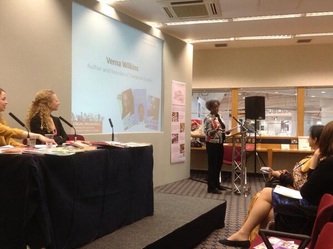
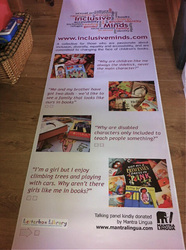
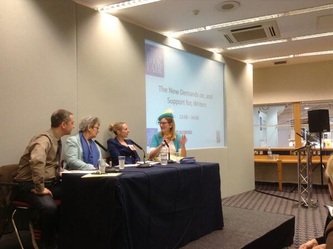
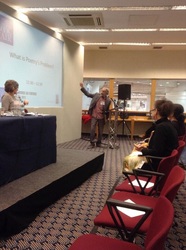
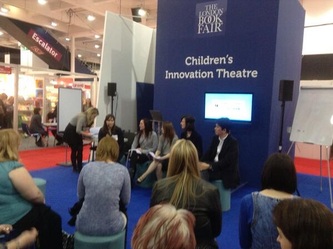
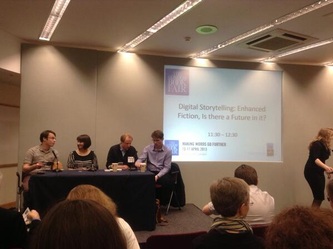
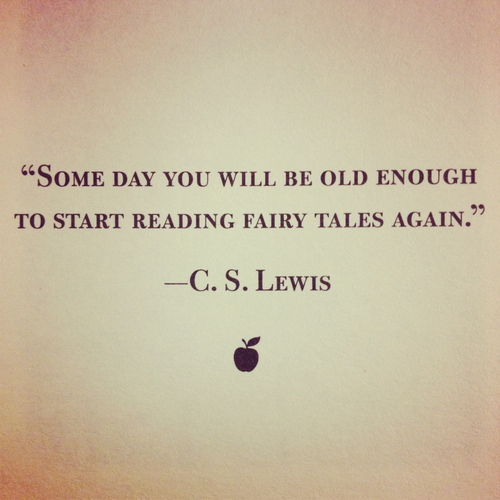

 RSS Feed
RSS Feed
